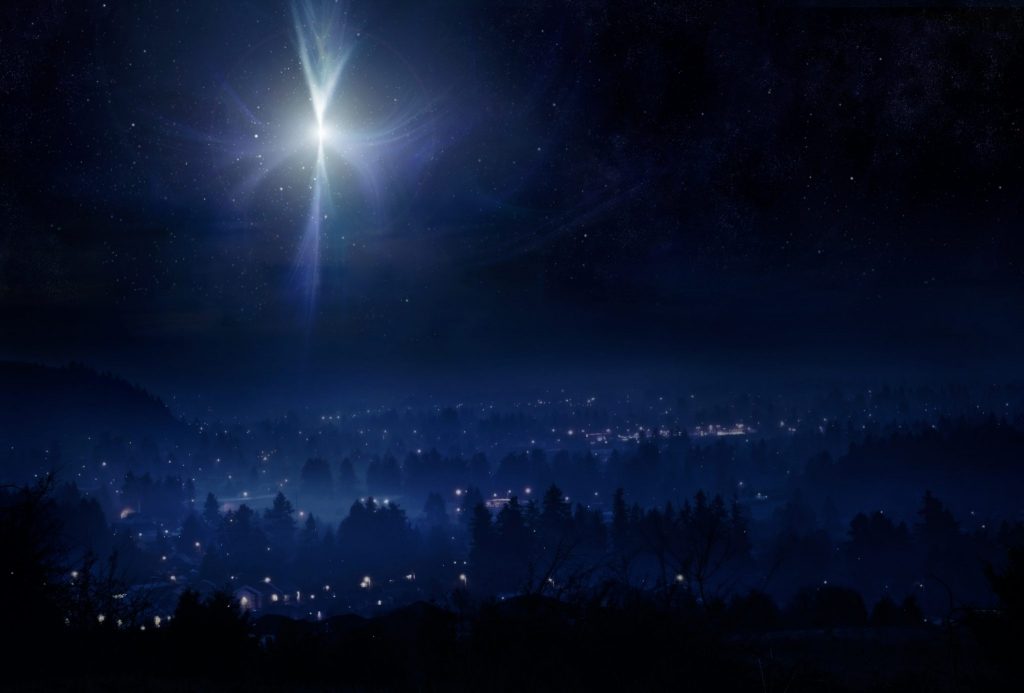Hope emanating from Bethlehem
 “O little town of Bethlehem, how still we see thee lie …”
“O little town of Bethlehem, how still we see thee lie …”
I happened to be in Bethlehem on Election Day last month, co-leading a group tour with my colleague and friend, Rabbi Nancy Kasten of Temple Emanu-El. While people who identify in the United States as red, blue or purple were fretting over the outcome of our midterm voting, I was grateful for the freedoms we enjoy across the political spectrum. The right to determine one’s future is still not universal in the world.
The little town we sing about at this time of year, Bethlehem, the birthplace of Jesus, is getting more cramped and desperate by the day, due to worsening conditions under which its native Palestinians are living. Bethlehem is a West Bank city in the Palestinian Territory adjacent to Israel and just on the other side of the wall separating it from Jerusalem. Palestinian Arabs — both Muslims and Christians (now a dwindling 2 percent of the population) — feel themselves increasingly hemmed in on all sides.
Politics have not solved the conflict between Jews and Arabs over the Holy Land. Religion has made it worse, not better.
But along the way on our trip, we kept finding ordinary people doing small but extraordinary things that defy the pervasive pessimism. While public schools in Israel are mostly segregated as Jew or Arab, some private schools deliberately diversify their enrollment and teach in Hebrew, Arabic and English.
A classical music conservatory based in Nazareth called Polyphony brings students of all backgrounds together around music. The Jerusalem Youth Choir rehearses weekly and performs all over the country, with high school kids who brave scorn from their families and peers to cross the cultural divide and sing with their neighbors. A kibbutz in the southernmost part of Israel has a program in environmental science with one-third Israeli Jews, one-third Palestinian Arabs and one-third international students who live and learn together. And back in Bethlehem, a Lutheran Palestinian pastor has created a college for arts and culture with 500 Palestinian students that seeks to train the next generation of leaders to find solutions through creative means that transcend politics and religion.
Christmas is coming this month for Christians. We celebrate a Savior who did not come to dominate the world as a political ruler or even to create a new and better religion to supersede all others. He came to be a light in the darkness, to dwell among us as one of us, to love unconditionally and to cross every boundary to bring peace on earth good will to all.
Peace on earth and good will to all was the message of the angels to the shepherds in the fields around Bethlehem at the time of Jesus’ birth. It wasn’t a message to one group only; it was a message to all. It still is.
“O little town of Bethlehem … the hopes and fears of all the years are met in thee tonight.”
Hopes and fears both, but hope will always outlast fear.





